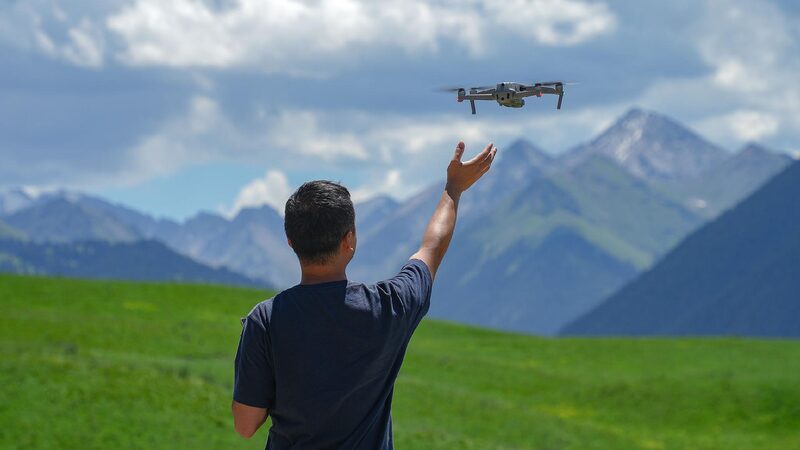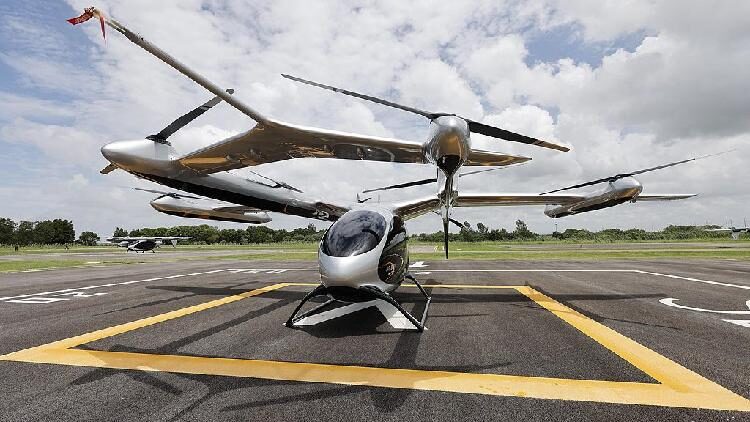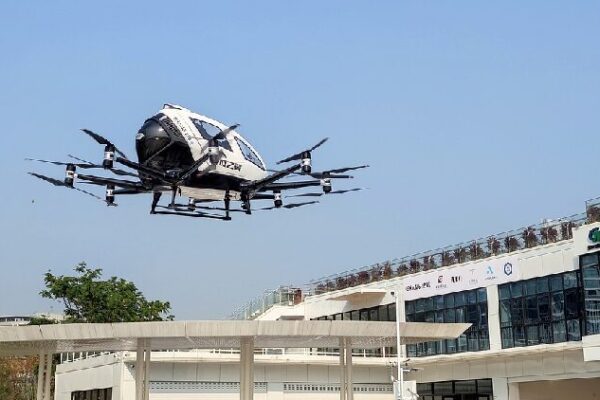In the rugged mountains of southwestern China’s Yunnan Province, a drone carrying a 40-kilogram load of bananas lifts off, piloted by 40-year-old Li Xianquan. After two decades behind the wheel as a truck driver, Li swapped his steering wheel for a remote control, becoming part of China’s new wave of drone pilots.
As the low-altitude economy takes off, innovations like electric vertical take-off and landing (eVTOL) aircraft and flying cars are capturing imaginations. But for farmers in Yunnan’s steep terrains, drones are more than futuristic concepts—they’re practical solutions making a tangible difference.
Drones Transforming Mountain Farming
“Without drones, I would never dare to cultivate on such steep slopes,” says a banana grower in Yuxi, Yunnan Province. Over 94% of the land in Yunnan is sloped, with nearly half of the arable land on gradients over 15 degrees. Manually carrying bananas down these mountains often leads to bruised fruit that can’t compete with imports. Drones offer a safer, more efficient way to transport produce, preserving quality and boosting competitiveness.
Soaring Demand for Drone Pilots
Li’s expertise has become a key competitive advantage for local orchards. He’s part of a growing number of individuals transitioning from drone hobbyists to professional operators. By June 2024, China had 1.875 million registered drones but only about 225,000 licensed pilots—a gap highlighting the high demand for skilled operators.
The country’s drone market is projected to surpass 600 billion yuan ($81.9 billion) by 2029, with a compound annual growth rate of 25.6%. As drones expand into delivery, agriculture, power grid inspections, and more, the need for pilots is skyrocketing.
Licensing Boom and Job Opportunities
Drone training schools like Shanghai Funtastic Drone Training School have seen inquiries surge. “We’ve gone from one or two inquiries a week to two or three daily,” says admissions officer Zeng Yan. Despite training costs ranging from 9,800 to 15,800 yuan, the promise of attractive salaries keeps enrollment high. Licensed drone operators can earn monthly salaries between 5,000 to 10,000 yuan, with additional subsidies for field operations.
Bringing Youth Back to Rural Areas
Drones aren’t just changing industries—they’re transforming communities. In Zigui County, Hubei Province, known as the “hometown of Chinese navel oranges,” the drone fleet has grown to over 500, operated by more than 1,000 pilots. Many are young people returning from cities, bringing technology to their rural hometowns and revitalizing aging labor pools.
“Older farmers used to carry oranges on their backs across steep terrains—a hard labor that few young people today are willing to do,” says Wang Jiaxin, who left his job as a hairdresser in Shenzhen to transport oranges with drones in his hometown. Drones can transport 50 kilograms per trip in a fraction of the time it takes a human, at lower costs.
“My phone keeps ringing from dawn to dusk,” says Wang, referring to the flood of orders during harvest season. For many young people like Wang and Li, drone piloting isn’t just a job—it’s a way to bridge technology and tradition, helping their communities soar to new heights.
Reference(s):
Drone pilots emerge as next sought-after profession in China
cgtn.com








